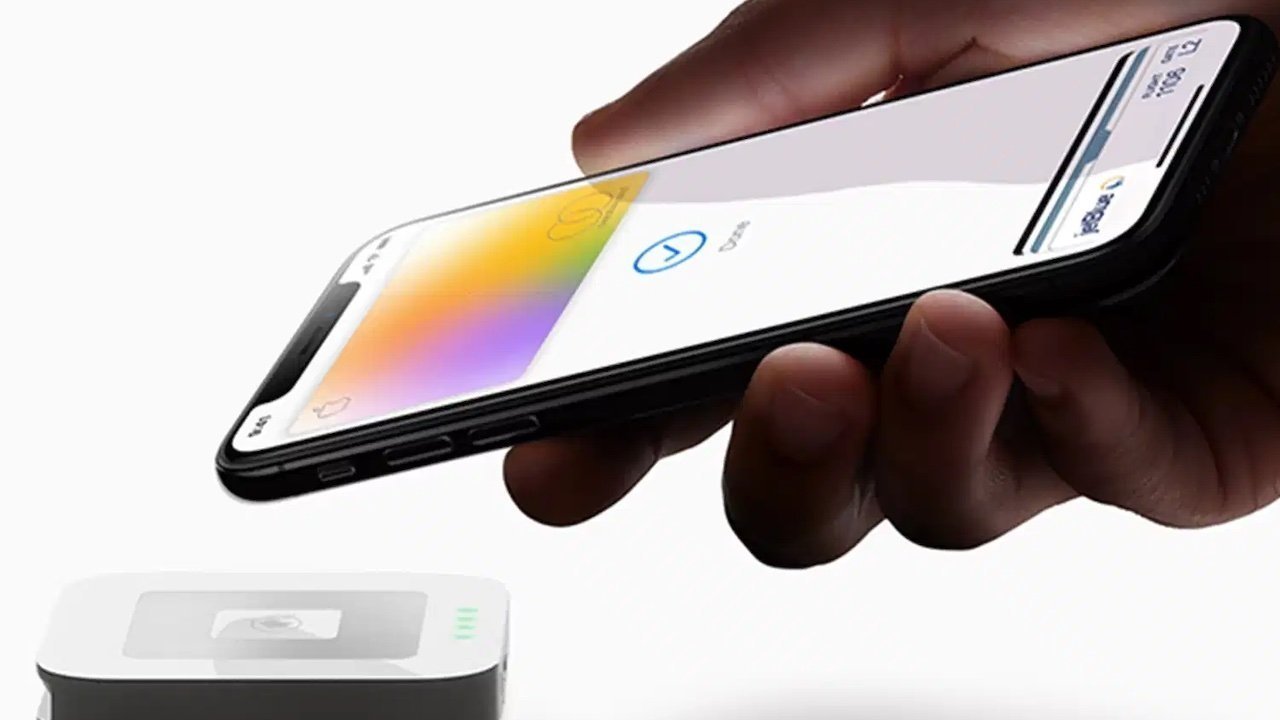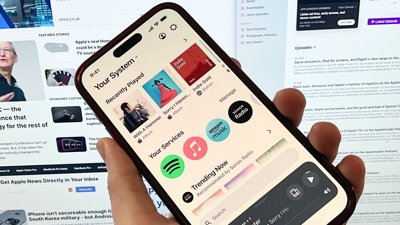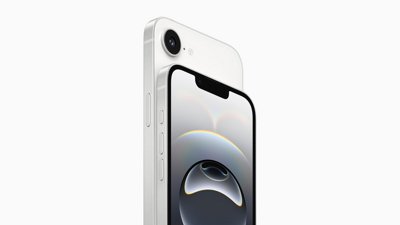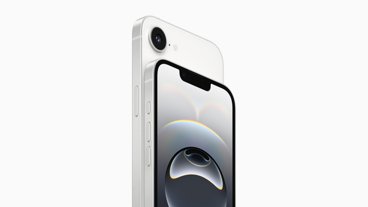The European Central Bank is opposed to Apple's proposed changes to the iPhone's near-field communication at the core of Apple Pay, and has complained about it to the European Commission.
Pietro Cipollone, a member of the executive board of the ECB, expressed the bank's concerns over Apple's proposal. Cipollone explained that Apple's proposed changes would be insufficient in several ways:
The letter argues that by not providing third parties with full access to the Secure Element of its NFC technology, Apple Pay maintains an unfair advantage against third-party payment apps on iPhone. Because of these limitations, contactless payments made through third-party apps on iPhone would be less user-friendly and ultimately be slower than Apple's offering, according to Cipollone.
Apple's current set of proposed changes would not allow for offline transactions through digital euro via iPhone. Person-to-person payments are also absent from Apple's proposed changes.
The ECB believes these two factors would ultimately hinder the establishment of the digital euro. Person-to-person payments and support for offline transactions are crucial aspects of the digital euro project.
While Apple has agreed to make its NFC technology available to third parties on iPhone, the same apparently cannot be said for the Apple Watch. According to Cipollone, Apple's proposed commitments do not include the Apple Watch.
Practically, this means that third-party access to Apple's NFC technology on the platform would remain restricted and that all payments made via Apple Watch would have to go through Apple Pay.
The absence of e-commerce and m-commerce changes from Apple's proposal was also highlighted in the letter. It argues that Apple Pay would maintain an unfair advantage over third-party apps that do not have access to the Secure Element, particularly where access to the Secure Element is necessary to avoid redirects to a separate app for payment processing.
In our earlier report, we reported that the European Commission was set to approve Apple's proposed changes as early as next month. This latest letter from the European Central Bank may perhaps affect the process.
Since 2019, The European Commission has been investigating Apple Pay, since it was believed the service had an unfair advantage compared to third-party payment processors on iPhone. By limiting the use of on-device NFC technology, the EC believed Apple may have been engaging in anti-competitive behavior.
If the European Commission found Apple guilty of anti-competitive behavior, the company would have to pay a significant fee. That fee could be up to 10% of Apple's global annual revenue, which would be an amount of roughly $40 billion.
As a response, the company defended itself in February of 2023. It later announced proposed changes to iOS which would comply with the European Union's Digital Markets Act.
In January 2024, Apple announced a series of changes to iOS, which were aimed at banks operating within the European Economic Area (EEA). The changes, introduced as part of the iOS 17.4 update, enabled third-party payment processors to utilize on-device NFC technology through the use of new NFC-related APIs added to the operating system.
While these changes do provide third-party payment processors, banking, and wallet apps with limited access to Apple's NFC technology, the European Central Bank believes that this is not enough. Ultimately, the European Commission is the only organization which can make a decision on the matter.
 Marko Zivkovic
Marko Zivkovic




-m.jpg)


-m.jpg)






 Christine McKee
Christine McKee
 Chip Loder
Chip Loder
 Oliver Haslam
Oliver Haslam
 Malcolm Owen
Malcolm Owen
 William Gallagher
William Gallagher
 Amber Neely
Amber Neely

 Andrew Orr
Andrew Orr







6 Comments
For fucks sake; the EU is a snakepit of foreign espionage, and its routine news of spying going on at the highest levels of Government and the military, by Russian and China, amongst many others.
https://www.politico.eu/article/belgian-justice-minister-only-tip-iceberg-brussels-spy-problem-known/
Giving third party access to Apple's NFC Secure Element is folly, so of course, Vestager will want to have that access.
LOL...it's always been understood that the SE was under the control of the owners. This isn't some anticompetitive strategy dreamed up by Apple. Per the quote/link below, HCE is considered the more open system so it's a better fit for what the EU claims it's after with the DMA anyway.
"Prior to HCE, the standard for NFC contactless payments was via the secure element (SE). Traditionally, this gave owners of SE (carriers, device manufacturers, etc.) the power to control access.
Support for HCE has changed this, opening possibilities not just for mobile payments, but also other applications including loyalty programs, transit passes, card access, and other custom systems. Cherian Abraham of Drop Labs points out that breaking the dependency on the SE is advantageous for a few reasons, including:
- more open system that reduces reliance on issuers, carriers and TSMs
- no need for complex SE cards provisioning
- ability to use multiple NFC wallets on the same device without worrying about compartmentalizing or SE storage size"
https://medium.com/@ClrMobile/what-is-hce-c8d8e90ecd9dI just got back from Europe and was surprised about the penetration of contactless payments. Using ApplePay I was able to use any of my credit cards from my Apple Card to my Amazon Visa to an unaffiliated MC. My AmEx was largely useless in the EU but it is my daily driver in the US. So I wonder what the transaction fee for the secure element that allows ApplePay. I suspect it is fairly nominal since CC companies don’t seem to mind it.
But I wonder if the banks involved in these complaints would like to have their surcharges reviewed regarding these transactions?
I suspect not.
Hypocrites. And again, it makes one wonder what the goal of the EU is in this avenue of investigation and regulation.
Pretty soon the EU will be stating that Apple’s profits are just too high and that they must share them. Oh wait :D